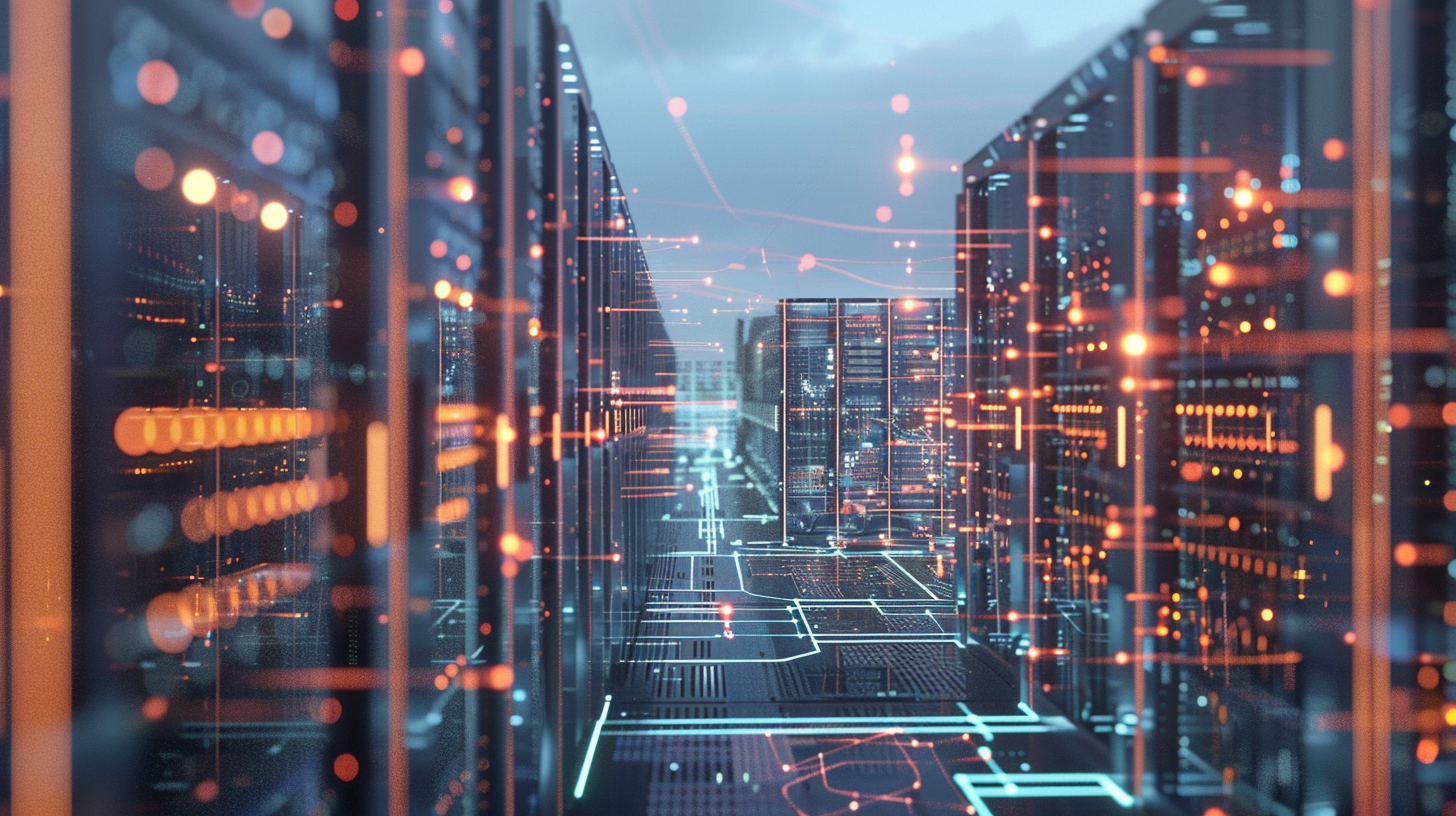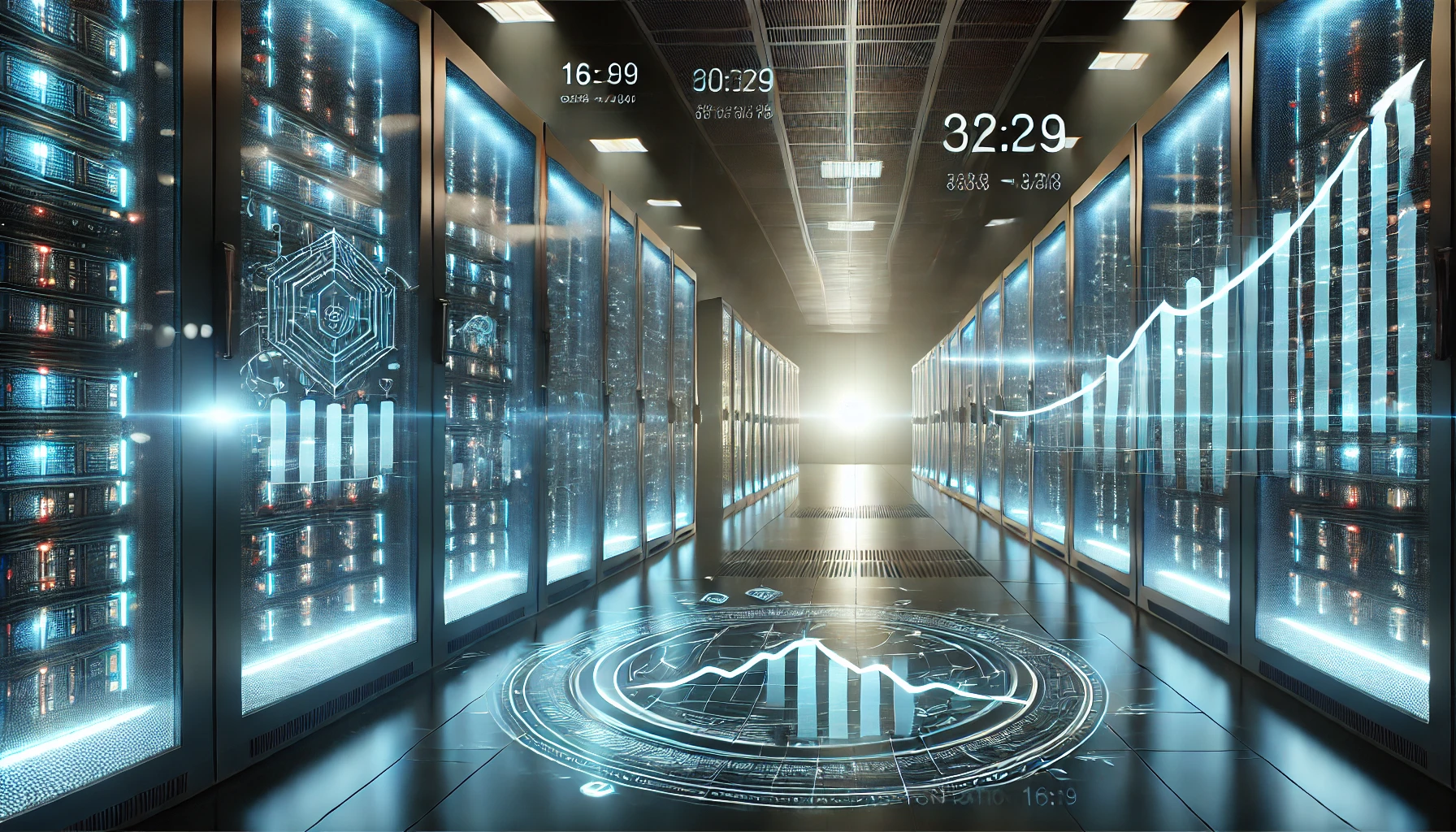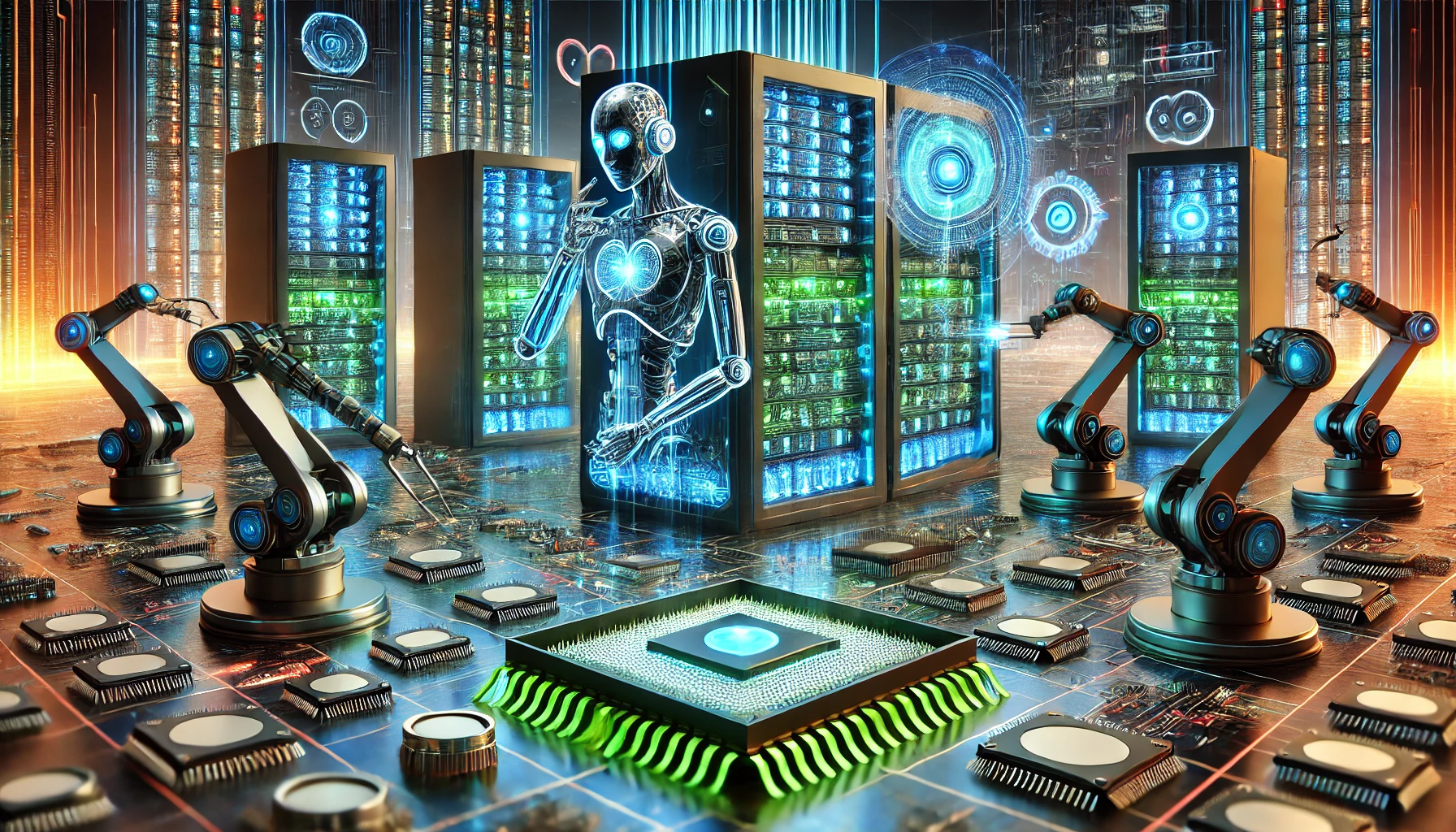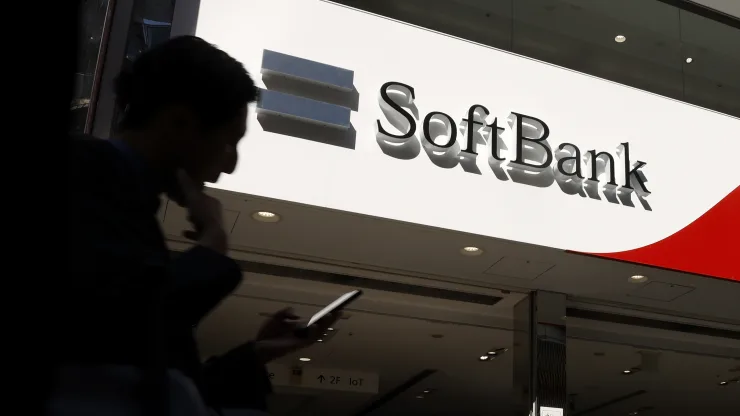SoftBank Group Corp. has agreed to acquire DigitalBridge Group Inc. in a cash deal valuing the digital infrastructure investor at approximately $4 billion, including debt. The transaction underscores SoftBank founder Masayoshi Son’s renewed push to dominate the backbone of the artificial intelligence economy: data centers, computing power, and the infrastructure required to scale AI globally.
Under the terms of the agreement, SoftBank will pay $16 per share for New York–listed DigitalBridge, representing a roughly 15% premium to the firm’s closing price on December 26. Shares of DigitalBridge jumped nearly 10% following the announcement, trading just below the offer price. The deal is expected to close in the second half of 2026, subject to regulatory approvals.
DigitalBridge is one of the largest global investors dedicated exclusively to digital infrastructure, managing roughly $108 billion in assets as of September. Its portfolio includes a roster of major data center and connectivity platforms such as Vantage Data Centers, Switch Inc., AtlasEdge, DataBank, Yondr Group, and AIMS. By acquiring DigitalBridge, SoftBank gains not only physical infrastructure exposure but also deep relationships with institutional investors actively deploying capital into data center development worldwide.
The acquisition comes amid an unprecedented surge in demand for data centers, driven by the rapid adoption of generative AI and cloud computing. Major players across finance and technology have poured capital into the sector. BlackRock’s $40 billion purchase of Aligned Data Centers and Oracle’s multiyear agreement to provide OpenAI with up to 4.5 gigawatts of computing power highlight the scale of investment reshaping the industry.
For SoftBank, the deal fits squarely into Son’s long-term vision of building an AI-centric ecosystem. Earlier this year, SoftBank announced the $500 billion “Stargate” initiative alongside OpenAI, Oracle, and Abu Dhabi-backed MGX, aiming to develop large-scale data centers across the United States. While the project’s rollout has been slower than initially promised due to financing challenges and site selection disputes, the DigitalBridge acquisition strengthens SoftBank’s strategic positioning in the infrastructure layer of AI.
The deal may also pave the way for further consolidation. SoftBank has reportedly held discussions about acquiring Switch Inc., one of DigitalBridge’s portfolio companies, at a valuation approaching $50 billion including debt. If pursued, such a move would further cement SoftBank’s influence over critical AI infrastructure assets.
Despite its reputation for high-profile technology bets—such as Alibaba, Arm Holdings, and the ill-fated WeWork investment—SoftBank has prior experience in asset management. Its 2017 acquisition of Fortress Investment Group, later sold in 2024, demonstrated Son’s willingness to operate across both technology and investment platforms.
Funding the AI push has required difficult trade-offs. Son recently disclosed that SoftBank sold a $5.8 billion stake in Nvidia to reallocate capital toward broader AI investments. The DigitalBridge acquisition signals that SoftBank is betting heavily that control of digital infrastructure—not just software or chips—will define the next phase of the AI revolution.






